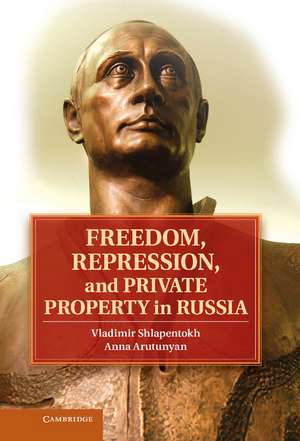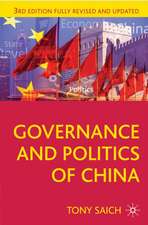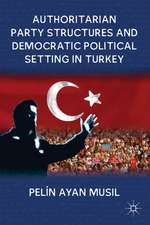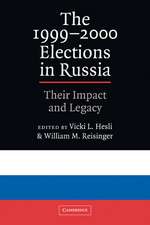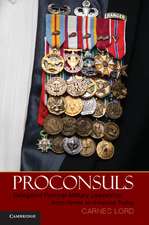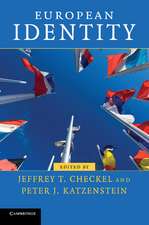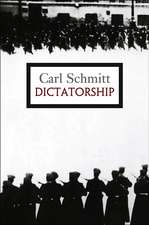Freedom, Repression, and Private Property in Russia
Autor Vladimir Shlapentokh, Anna Arutunyanen Limba Engleză Hardback – sep 2013
Preț: 691.66 lei
Preț vechi: 777.15 lei
-11% Nou
Puncte Express: 1037
Preț estimativ în valută:
132.36€ • 137.35$ • 110.63£
132.36€ • 137.35$ • 110.63£
Carte tipărită la comandă
Livrare economică 15-29 martie
Preluare comenzi: 021 569.72.76
Specificații
ISBN-13: 9781107042148
ISBN-10: 1107042143
Pagini: 218
Dimensiuni: 152 x 229 x 14 mm
Greutate: 0.45 kg
Ediția:New.
Editura: Cambridge University Press
Colecția Cambridge University Press
Locul publicării:New York, United States
ISBN-10: 1107042143
Pagini: 218
Dimensiuni: 152 x 229 x 14 mm
Greutate: 0.45 kg
Ediția:New.
Editura: Cambridge University Press
Colecția Cambridge University Press
Locul publicării:New York, United States
Cuprins
1. Private property and big money in political regimes in Soviet and post-Soviet Russia: a theoretical overview; 2. Ideology and public opinion in a centralized society and in a fragmented society; 3. Corruption, the power of state and big business in the Soviet and post-Soviet regimes; 4. Enemies and the issue of legitimization in the Soviet and post-Soviet regimes; 5. Political police before and after; 6. Treatment of strikers in Soviet and post-Soviet times: Novocherkassk and Mezhdurechensk; 7. Foreign policy: the geopolitical factor before and money after; 8. A freedom which Putin dearly loves - the right to leave his country; Conclusion.
Recenzii
'Arutunyan and Shlapentokh, a verteran sociologist with a deep understanding of Russian society, argue that Putin's Russia is still shaped by many social institutions inherited from the Soviet era … Recommended. Upper-division undergraduate, graduate, and research collections.' Paul Rutland, Choice
Notă biografică
Descriere
Demonstrates how the emergence of private property and a market economy after the Soviet Union's collapse enabled a degree of freedom while simultaneously supporting authoritarianism.
